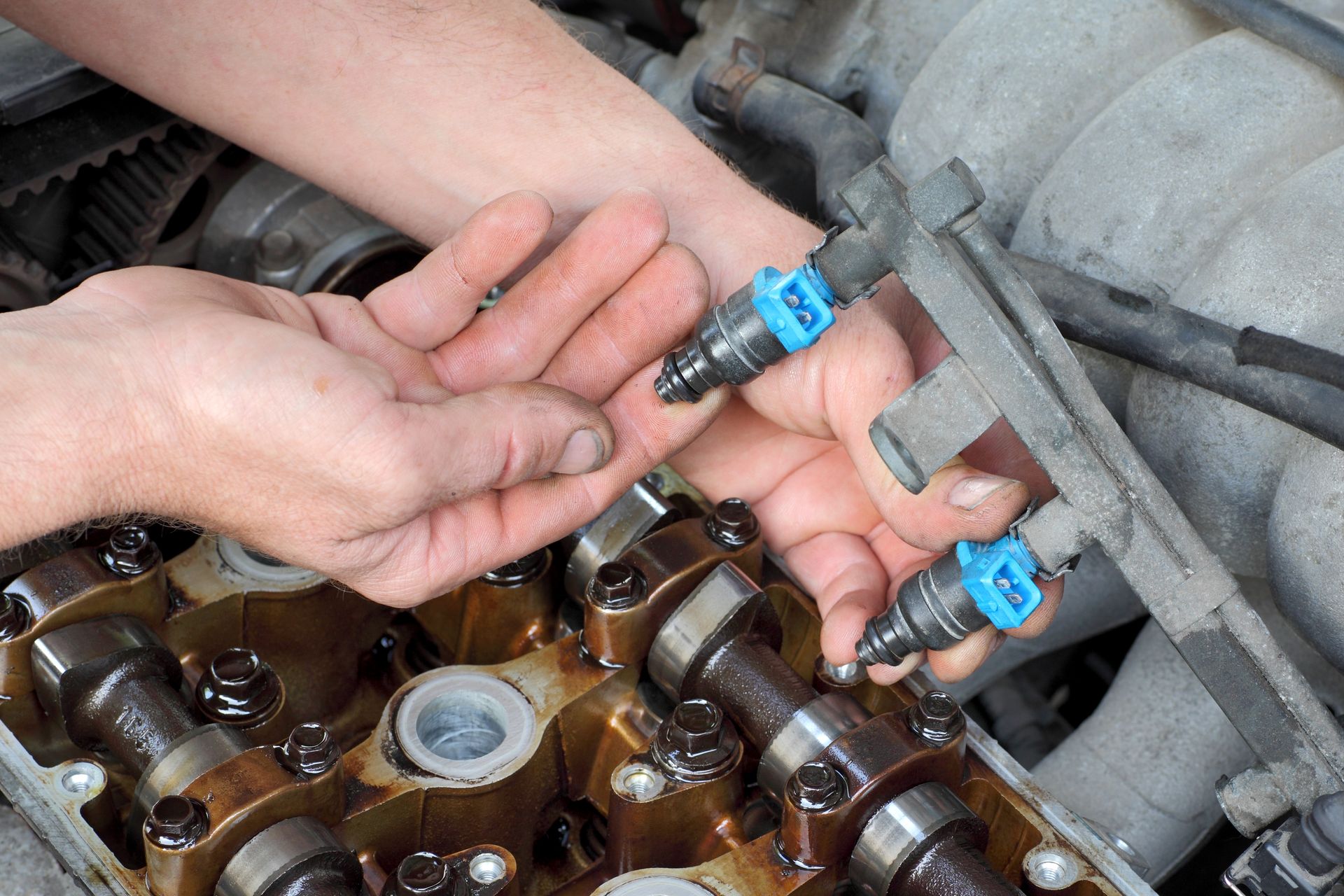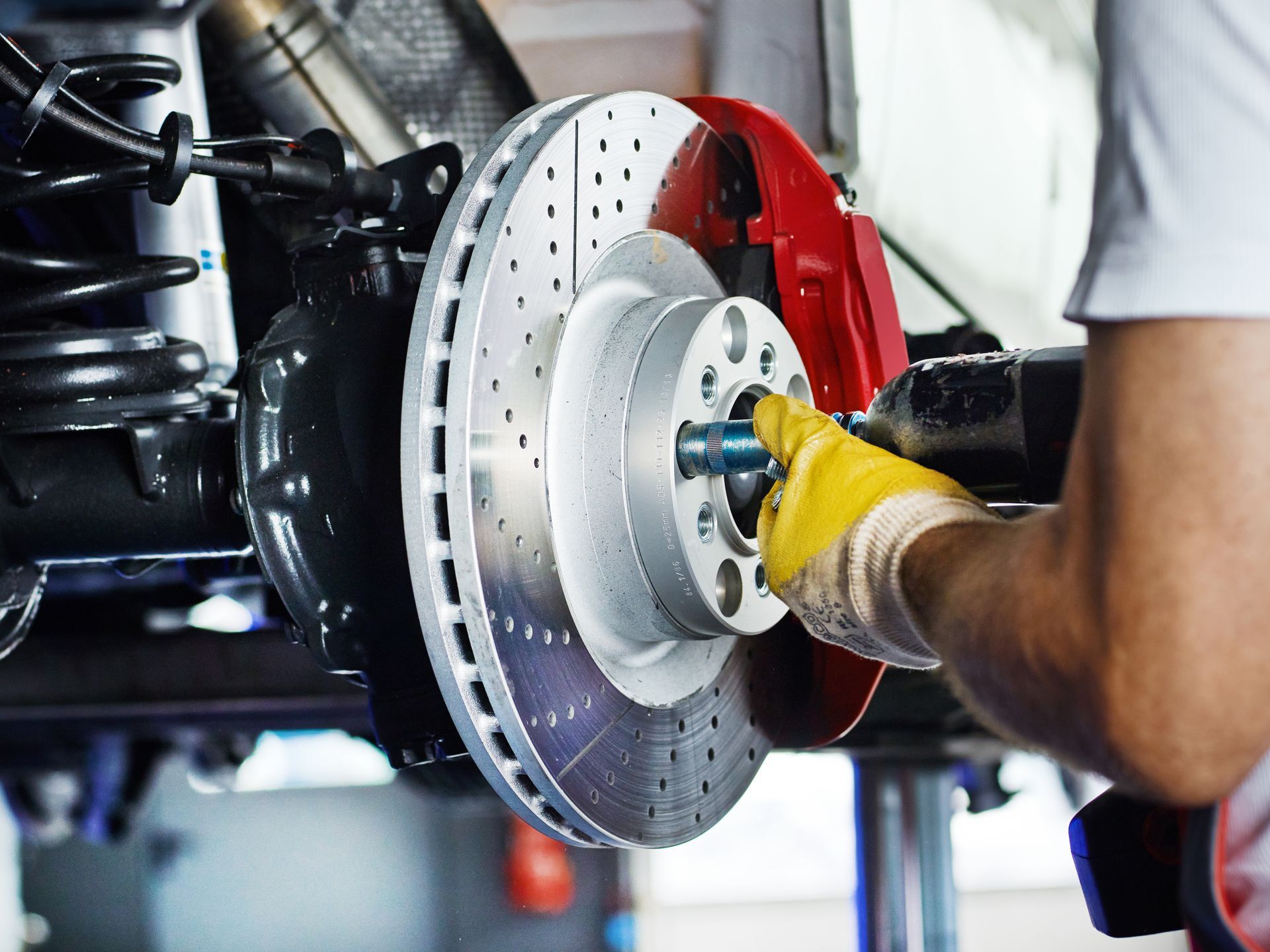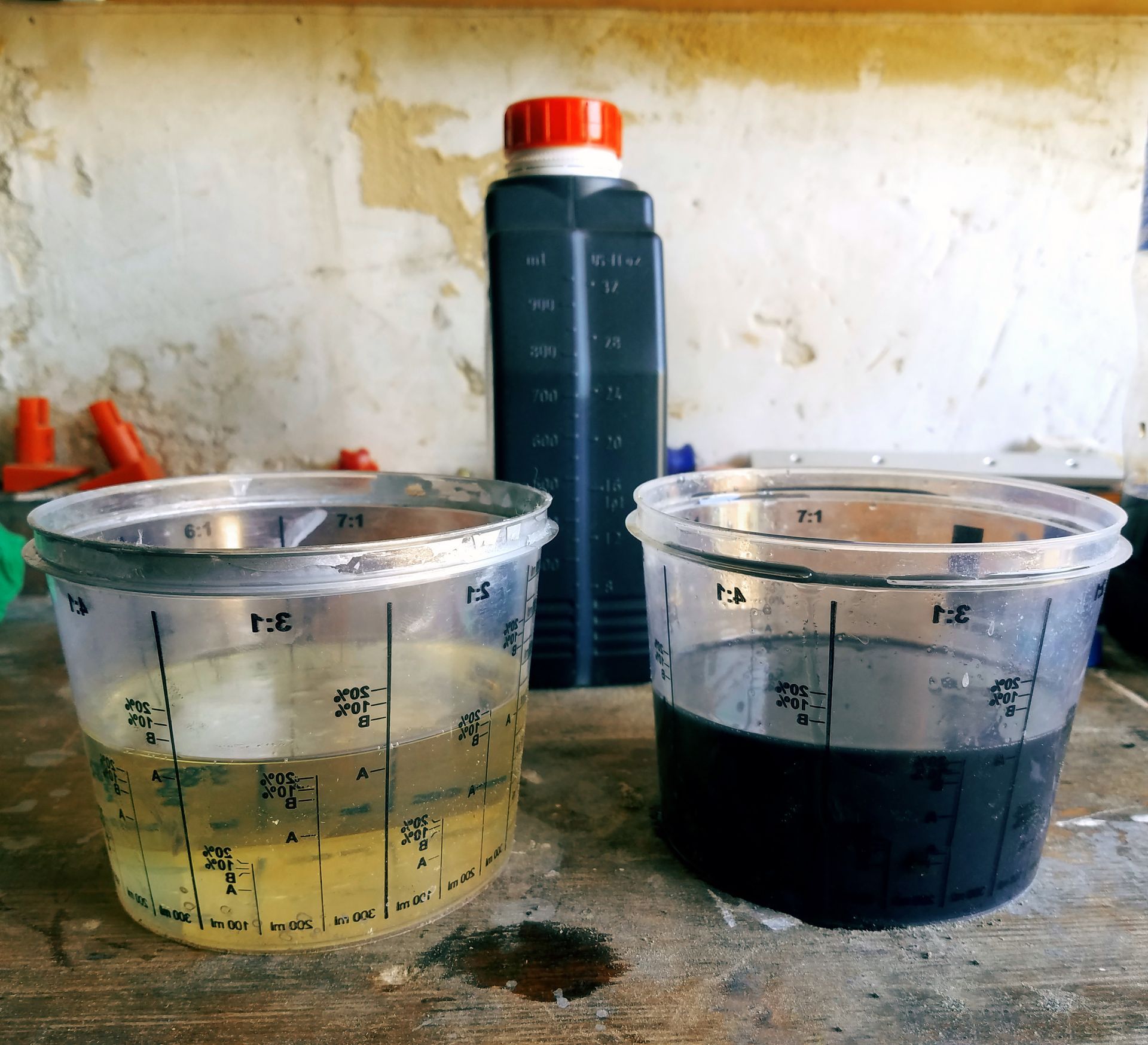Loading ...
Missing business hours data / Error occurred while getting the data.
The Meaning Behind Different Octane Ratings
October 31, 2023
As you pull up to the gas station, you're faced with a variety of choices: 87, 89, 91, or even 93 octane. The octane rating, often a perplexing numerical enigma for many drivers, holds the key to unlocking the potential performance of your vehicle. It's not just a random number; it's a critical factor that influences your engine's efficiency and power. Understanding the nuances behind different octane ratings can empower you to make informed choices and ensure that your vehicle operates at its best.
Decoding Octane Ratings
Octane ratings represent the measure of a fuel's ability to resist engine knock, a rattling or pinging noise that occurs when fuel ignites prematurely in the engine's combustion chamber. The higher the octane rating, the greater the fuel's resistance to premature ignition. This resistance is crucial, especially in high-performance or turbocharged engines, as it allows for optimal combustion timing and prevents engine damage and performance issues. Understanding the significance of octane ratings is paramount in choosing the right fuel that aligns with your vehicle's specific requirements and ensures its optimal performance.
The Impact of Lower Octane Ratings
Opting for a lower octane rating than what is recommended for your vehicle can lead to adverse effects on its performance. Using a fuel with an octane rating lower than what the engine requires may result in engine knock, decreased power output, and reduced fuel efficiency. The engine's combustion process becomes compromised, leading to potential damage over time. Furthermore, continued use of lower octane fuel can lead to the accumulation of carbon deposits and increased wear and tear on engine components, ultimately impacting the overall longevity and performance of your vehicle.
Understanding High Octane Ratings
On the other end of the spectrum, high octane ratings offer benefits for specific types of engines, such as those in high-performance sports cars or vehicles equipped with turbochargers or superchargers. Fuels with higher octane ratings enable these engines to operate at peak efficiency, delivering optimal power and performance. They facilitate a controlled and efficient combustion process, minimizing the risk of engine knock and maximizing the engine's potential output. For vehicles that demand superior performance and power, using a fuel with a higher octane rating is essential in ensuring a smooth and reliable driving experience.
Matching Octane Ratings to Your Vehicle's Needs
While the allure of high-octane fuel might seem appealing, it's crucial to match the octane rating to your vehicle's specific requirements. Refer to your vehicle's manual or consult the manufacturer's recommendations to determine the optimal octane rating for your engine.
Adhering to these guidelines ensures that your vehicle operates at its peak performance without incurring unnecessary expenses or complications. Avoid the temptation to use a higher octane fuel if it isn't warranted, as it may not yield any additional benefits and can lead to unnecessary fuel costs.
The octane rating isn't just a random number - it's a factor that directly influences your vehicle's performance and longevity. Another thing that directly affects your car is its maintenance schedule. Three Suns Auto Care is here to give you a helping hand in achieving reliability and efficiency!
Loading ...
Missing business hours data / Error occurred while getting the data.
Loading ...
Missing nap lines data / Error occured while getting the data.










